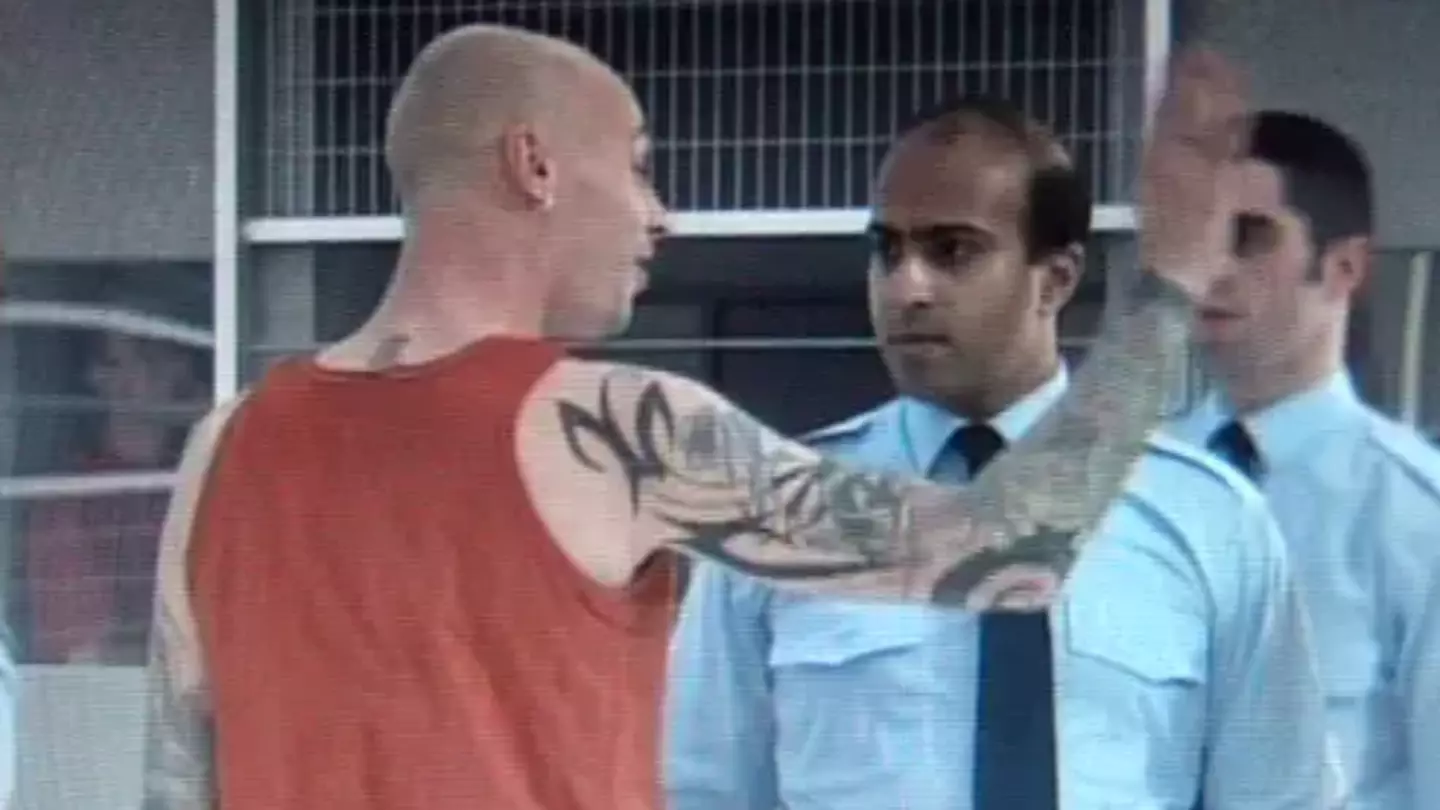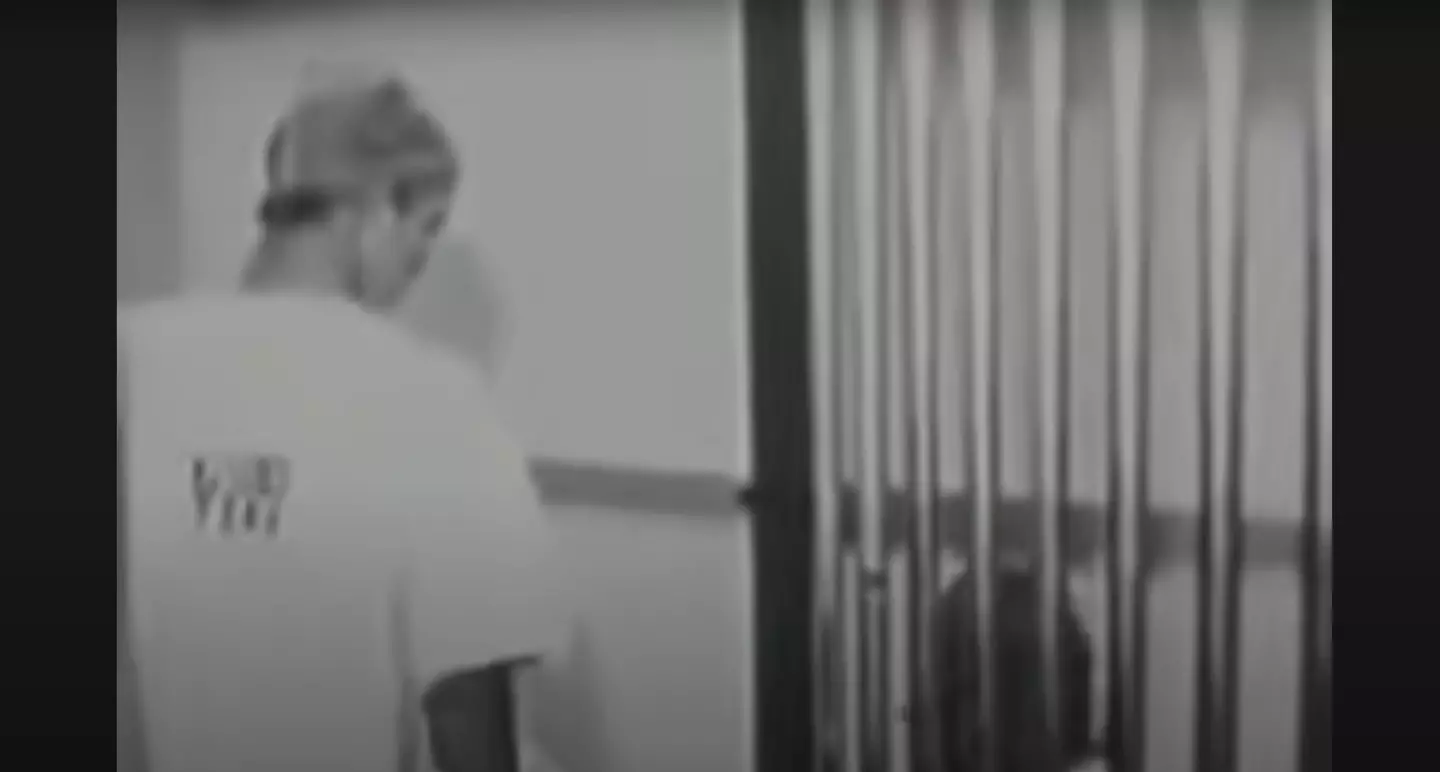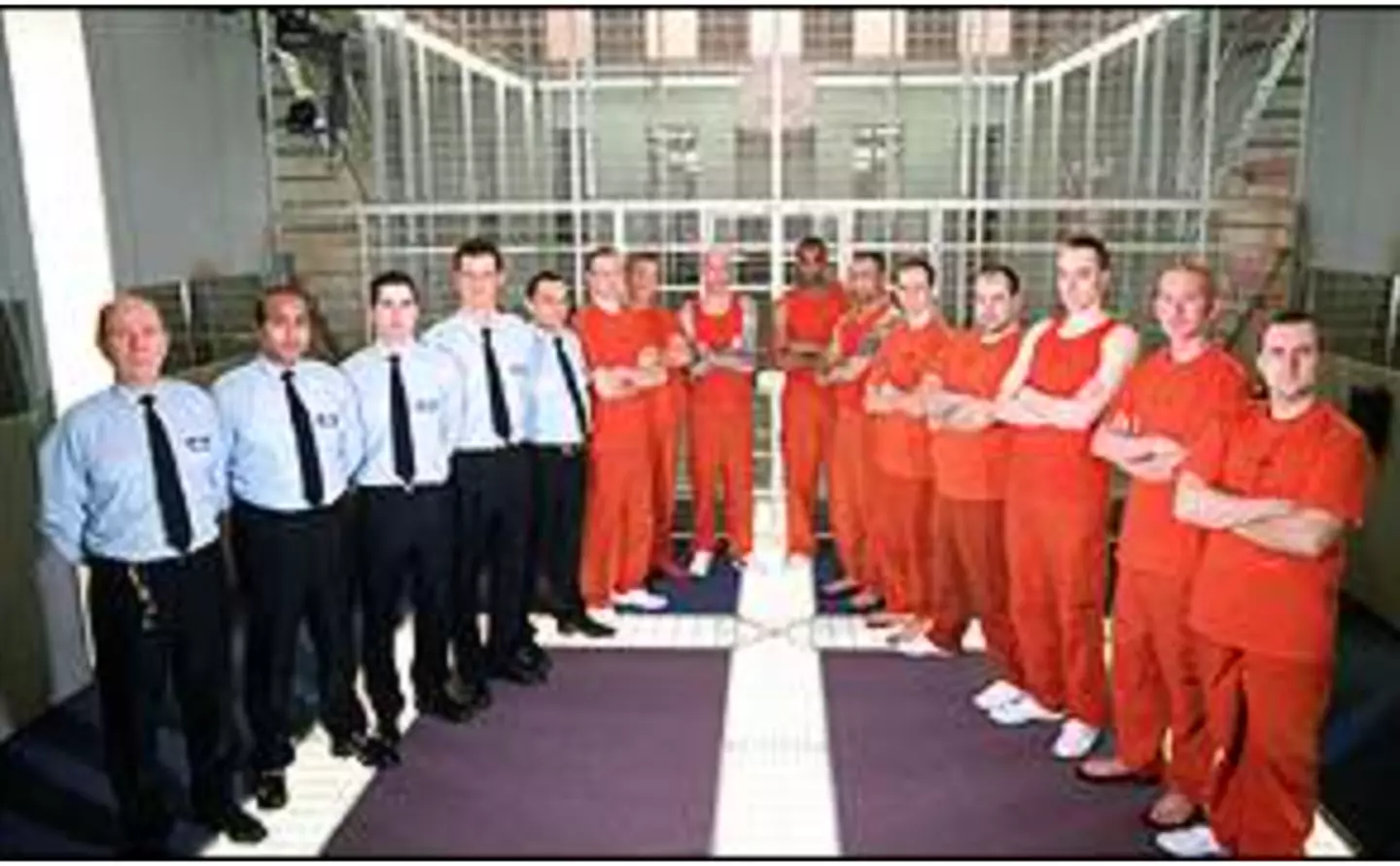
A psychological experiment that has been labelled one of the 'most unethical psychological experiments of all time' was recreated by the BBC for a programme.
From Orange Is The New Black to some of Louis Theroux's documentaries, there have been a range of prison-themed TV shows - both fictional and real.
However, the BBC’s choice to reenact this particular psychological experiment prompted many raised eyebrows.
What was the Stanford project?

The Stanford project of 1971 saw a group of men volunteering for an unknown experiment which was to see them become either prisoners or prison guards.
Advert
However, the organiser of the experiment, Professor Philip Zimbardo, called the experiment off after it didn’t quite go to plan.
Shocking evidence emerged that the prison guards were becoming violent to the prisoners.
Therefore, the project ended in less than a week as it was halted after six days into what was meant to be a two-week run.
You can imagine then that when the BBC said they were set to recreate this for a TV show called The Experiment in 2002, there were raised eyebrows at the announcement.
What was the BBC's The Experiment ?
The intention of the show was to test social dynamics, power and rebellion.
At the time of the BBC show announcement, the professor of the original Stanford project, Zimbardo, had also said that it would be labelled as unethical if he had carried out the experiment.
But the BBC did try to add extra parameters in place to ensure a repeat of the failings of the original Stanford project didn’t repeat itself. For example, a crew of cameras were added in the mock-prison environment, which was set up in a studio in Elstree.

The creative director of the show also noted that there were notable differences between the 1971 experiment and the BBC’s version of it - which should hopefully be a relief considering the details that emerged from the original one.
Most significantly, a major difference he noted is that Professor Zombardo and his team who were in charge of the 1971 experiment perhaps got too caught up in it. Sharing finds from the experiment, Holmes said: "We wanted to see if those with the power would turn towards tyranny, as in the original experiment, but we found it to be the opposite," said Mr Holmes.
He continued: "The guards did not want to adopt their roles. They felt uncomfortable and this made them ineffective, whereas the prisoners were a more unified group.
"The way people reacted was quite surprising and may change the academic arguments surrounding this type of experiment."
